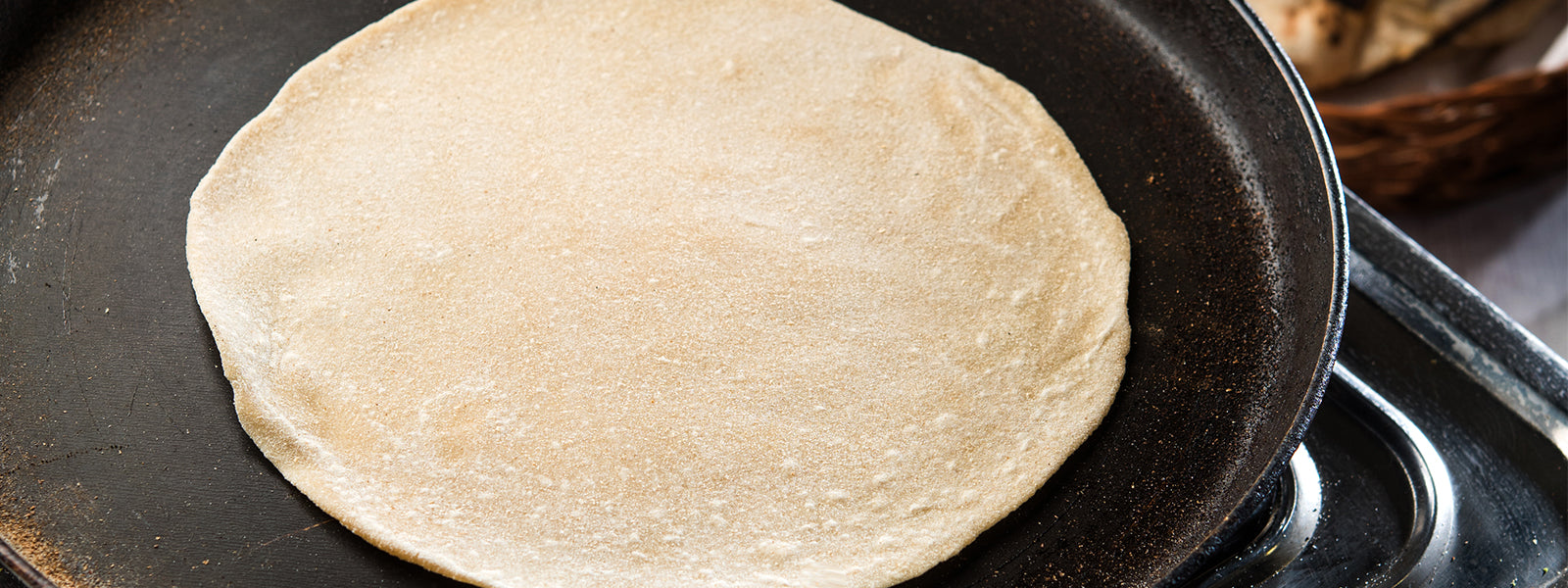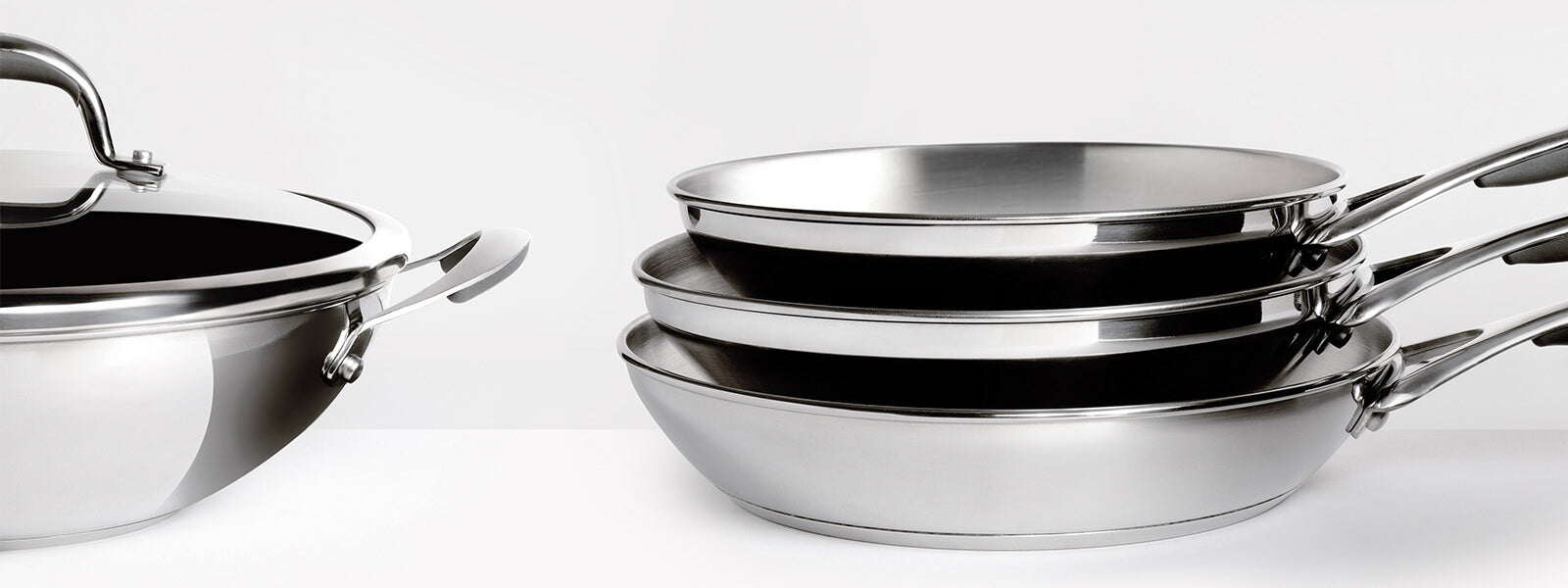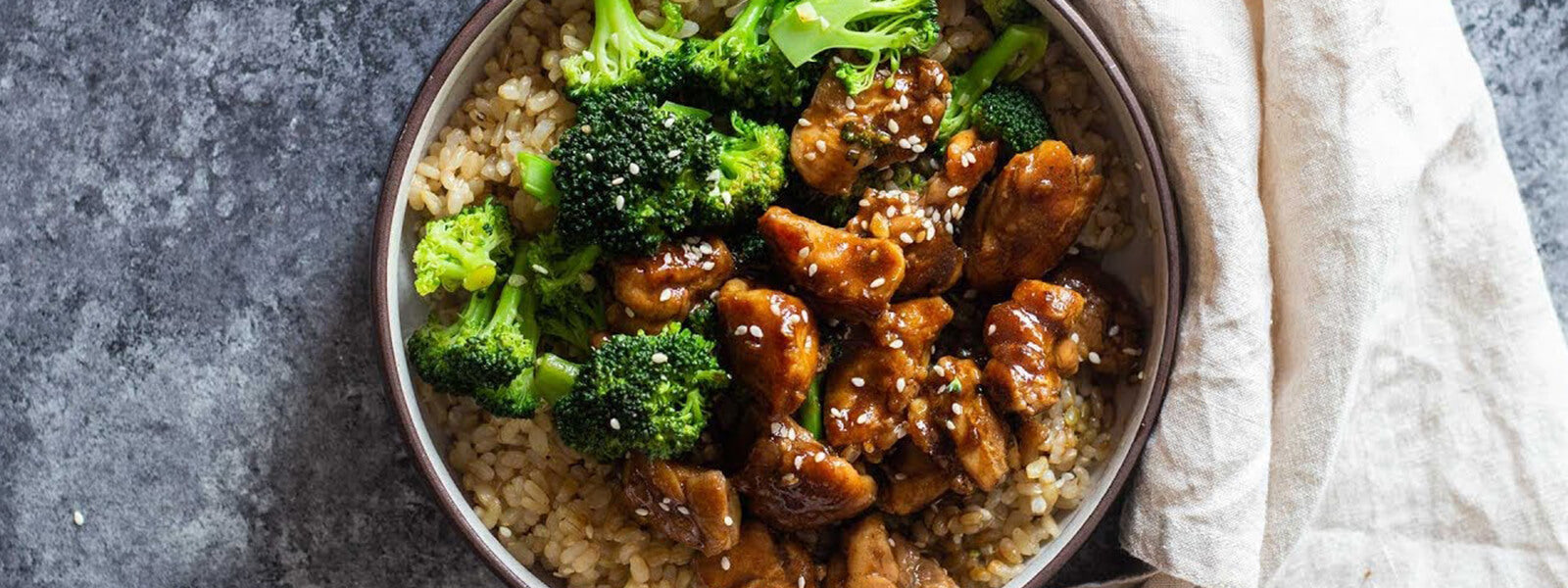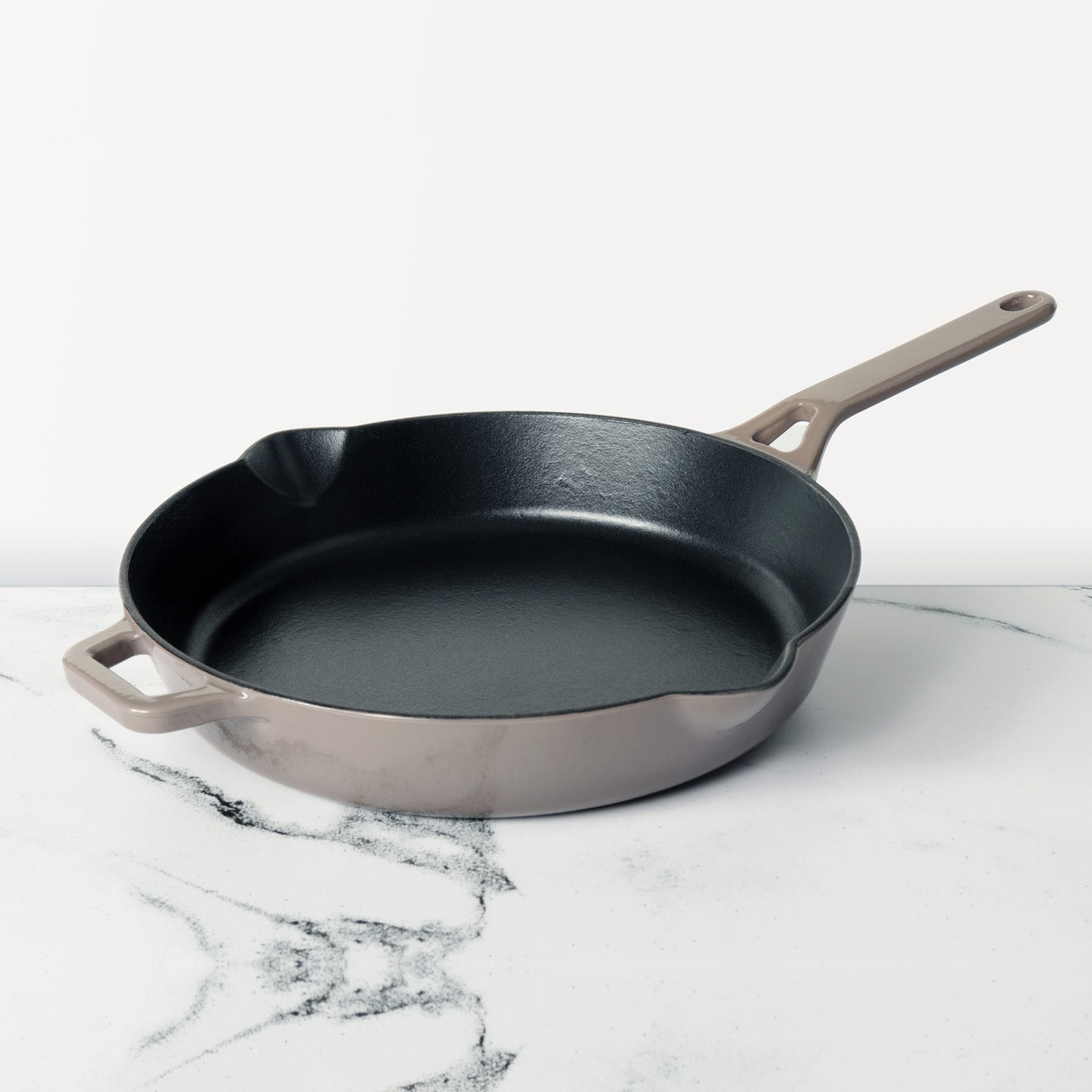Indian cuisine is a unique amalgamation of different species, cooking style and flavours. There are many aspects that give Indian cuisine an edge, its uncanny ability to whip out countless types of recipes with one primary ingredient being one of them. There are various items in our kitchen that can be used in multifarious ways and one such item is semolina.
And if there is one such kitchen item which can don many avatars then that’s semolina. Also known as rava, rawa, suji or sooji, this coarse product that is the purified middling of durum wheat grains is used as breakfast, snack, lunch, dinner and even dessert. Delicious as halwa and delectable as Upma, this is one dish that has impressed foodies with both sweet as well as savoury versions.
1. Nutritional Value :
Suji is high in protein and fibre; it reduces elevated blood sugar levels as well as the risk of diabetes. It is also rich in vitamins like thiamine and folate. Additionally, suji is a good source of iron and magnesium that supports red blood cell production, and heart health. It is rich in healthy carbs, magnesium, zinc, iron, calcium, phosphorus, vitamin B and other vital nutrients. It is a great source of protein and fibre that keeps you fuller for longer.
2. FAQ on Suji :
Q: Is suji better than wheat?
A: Suji is made from coarsely ground whole wheat, therefore, is healthier than refined wheat preparations
Q: Which is better: oats or suji?
A: Oats and Semolina are high in calories. However, in comparison to oats, semolina has a 17 percent higher caloric value. Talking about macronutrient ratios, oats are richer in protein and fat, with low carbs than Semolina.
Q: Do sooji increase weight?
A: It is actually recommended for people who want to lose weight. Suji is high in protein and fibre, therefore, keeps you full for longer hours. It is a rich source of folate thiamine, and vitamin B, and kills those untimely hunger pangs.
Q: Is suji healthy or besan?
A: Suji is better to maintain your weight as it has more dietary fibre that makes digestion easier. Compared to besan, suji has less fat and carbohydrates content.
Q: Can diabetics eat suji?
A:Yes, because suji contains fibre that helps in maintaining blood glucose levels in the body.
Q: Is suji good for skin?
A: You can use sooji as a scrub or a cleanser to open up skin pores, remove oiliness, impurities and make your skin fresh and clear..
Delicious semolina-based dishes :
1. Rava Coconut Chocolate Barfi Recipe
Explore Entire Meyer Cookware Range here











Leave a comment